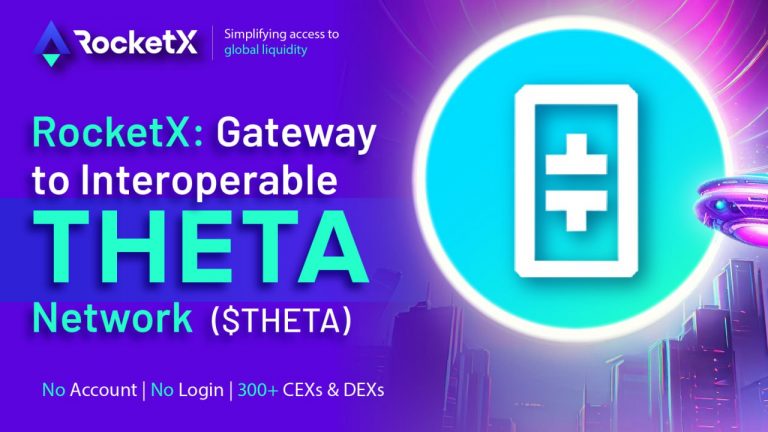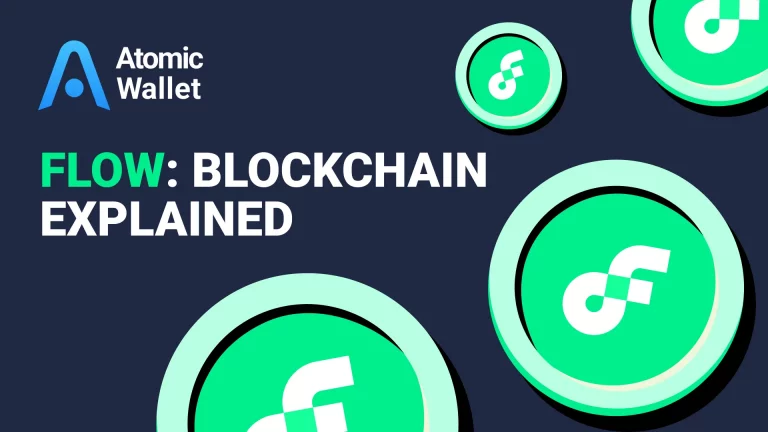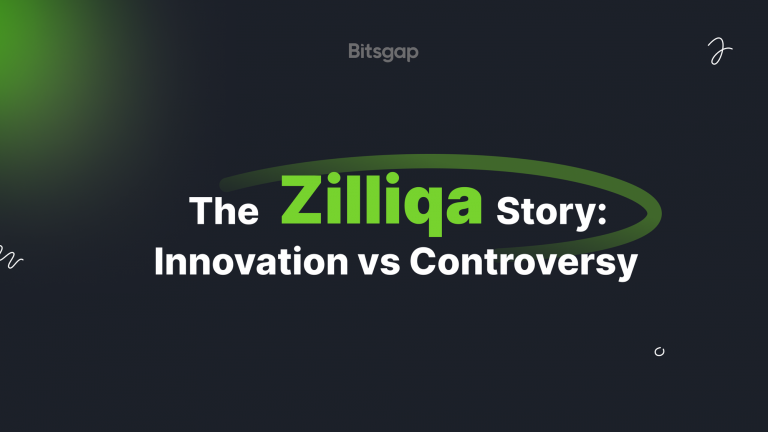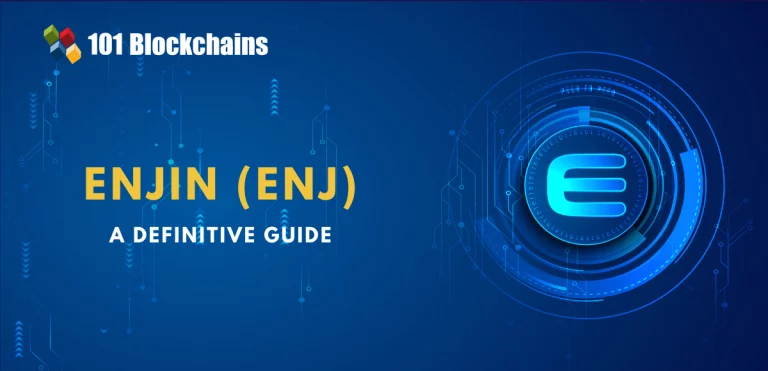
Utility Tokens
Utility tokens, a type of cryptocurrency that provides access to goods or services within a specific ecosystem, have become an integral part of the blockchain landscape. These tokens offer a variety of benefits to users, from discounted fees to exclusive access to features.
Understanding Utility Tokens
Utility tokens differ from security tokens in that they do not represent ownership in a company or asset. Instead, they are designed to be used within a specific ecosystem to access goods or services. For example, the native tokens of decentralized exchanges like Binance Coin (BNB) and KuCoin Token (KCS) are utility tokens that can be used to pay transaction fees or participate in governance decisions.
The Functions of Utility Tokens
Utility tokens can have a wide range of functions, depending on the specific ecosystem they are designed for. Some common uses include:
- Payment: Utility tokens can be used to pay for goods and services within the ecosystem, such as platform fees, virtual items, or subscriptions.
- Governance: Utility tokens can be used for governance purposes, allowing token holders to vote on proposals and influence the development of the ecosystem.
- Access: Utility tokens can provide access to exclusive features or services within the ecosystem, such as VIP status or early access to new products.
- Rewards: Utility tokens can be used to reward users for their participation in the ecosystem, such as through staking or referral programs.
Popular Utility Tokens
There are numerous utility tokens in existence, each with its own unique functions and benefits. Some of the most popular examples include:
- BNB (Binance Coin): The native token of the Binance exchange, BNB can be used to pay transaction fees, participate in governance, and access other benefits within the Binance ecosystem.
- KCS (KuCoin Token): The native token of the KuCoin exchange, KCS offers similar benefits to BNB, including discounted fees and governance participation.
- FTX Token (FTT): The native token of the FTX exchange, FTT provides users with access to discounted fees, staking rewards, and governance rights.
- BAT (Basic Attention Token): A utility token used on the Brave browser, BAT rewards users for viewing ads and supports content creators.
- MANA (Decentraland): The native token of the Decentraland virtual world platform, MANA is used to purchase land, items, and other virtual assets within the platform.
The Benefits of Utility Tokens
Utility tokens offer several benefits, including:
- Discounted Fees: Many utility tokens provide discounts on transaction fees or other services within the ecosystem.
- Governance: Utility tokens can give users a say in the development of the ecosystem, allowing them to influence decisions and shape its future.
- Access: Utility tokens can provide access to exclusive features or services that are not available to non-token holders.
- Investment Potential: Utility tokens can be speculative assets, and their value may increase or decrease over time.
The Challenges of Utility Tokens
Utility tokens also face some challenges, including:
- Market Volatility: The price of utility tokens can fluctuate significantly, depending on market conditions and the overall performance of the ecosystem.
- Regulatory Risks: The cryptocurrency market is subject to regulatory risks, which could impact the value and use of utility tokens.
- Competition: There are many different utility tokens competing for attention, which can make it difficult for investors to choose the right ones.
The Future of Utility Tokens
Utility tokens are likely to play an increasingly important role in the future of the blockchain ecosystem. As decentralized applications and platforms continue to grow in popularity, the demand for utility tokens is expected to increase.
However, it is important to note that not all utility tokens will be successful. The long-term viability of a utility token will depend on the underlying ecosystem, its use cases, and the demand for its services.
In conclusion, utility tokens are a valuable component of the blockchain ecosystem, offering a variety of benefits to users and supporting the development of decentralized applications. As the cryptocurrency market continues to evolve, utility tokens are likely to play an even more significant role in shaping the future of finance and technology.



